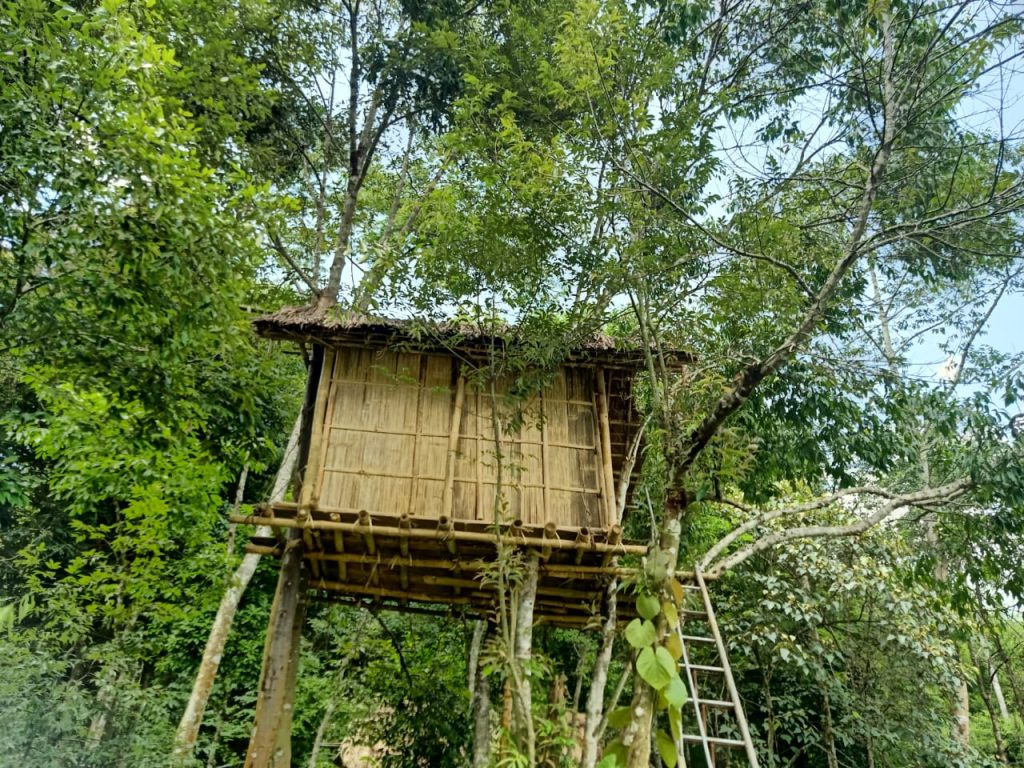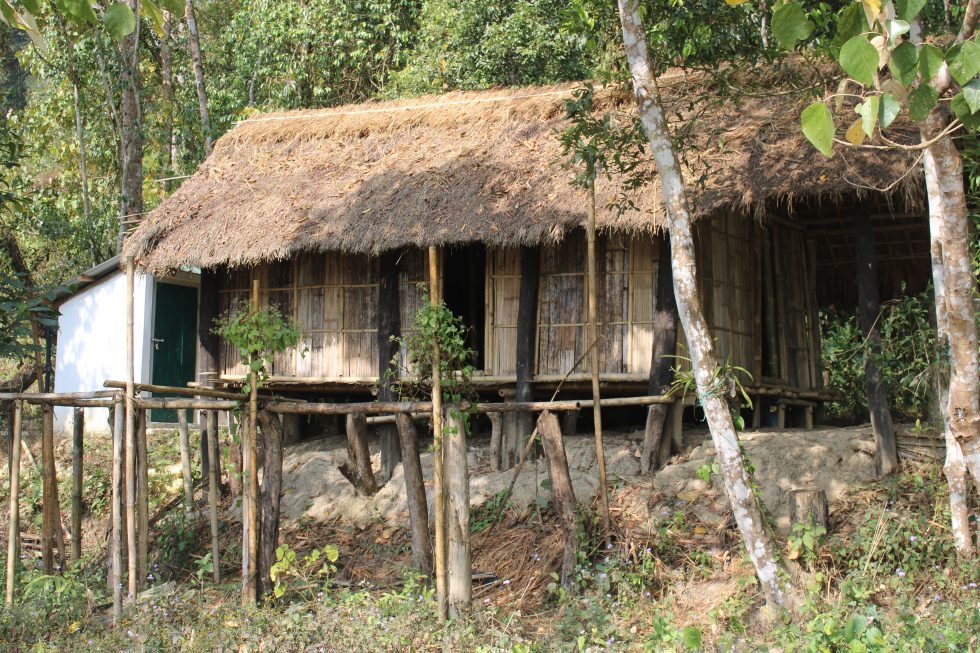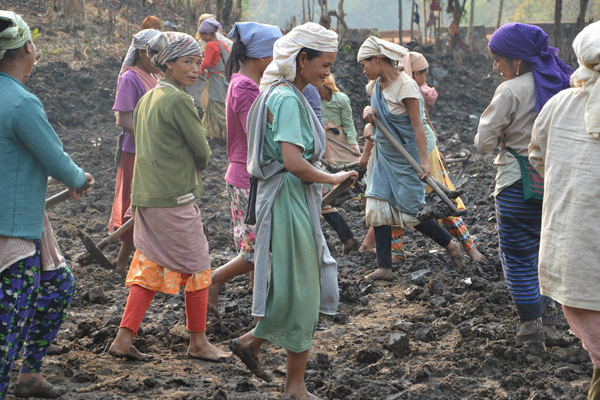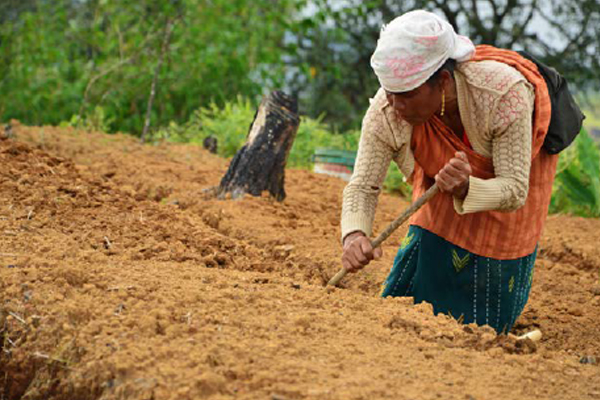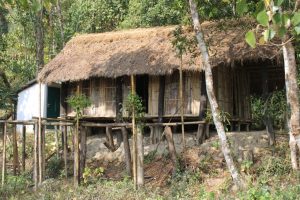
Declared a “Green Village” by environmental organizations from Germany and Belgium, Mawtneng Village in Ri Bhoi is an exemplary model of an environmentally conscious community. From its immaculate cleanliness to the proactive nature of its residents, Mawtneng is renowned in the area for its progressive NRM-first efforts. In fact, on 5 June 2018, on the occasion of World Environment Day, Mawtneng Village launched an initiative to commit to the “Preservation & Protection” of the environment and its ecosystems.
The community has been recognized for its innovative governance. Unlike traditional practices where the headman assumes the role of the committee chairman, Mawtneng implemented a far-sighted system. Here, the headman focuses on systematically monitoring the work of the committees, while the community participates in decision-making for advancing development. This unique approach essentially offers a blueprint for effective governance in sustainable NRM, easily adoptable by the neighbouring villages.
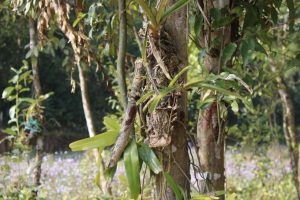
Mawtneng Village operates through seven sub-committees, each responsible for specific aspects of sustainable development. These are the Bio-Diversity Committee, the Green Household Committee, the Mawtneng Youth Welfare & Development Society, the Pond Development Committee, the Joint Forest Management Committee, the Community Green Squad, and the Village Water & Sanitation Committee. To support its initiatives, CLLMP has supported Mawtneng with an Innovations Fund of Rs. 5 lakhs to help sustain and maintain its works.
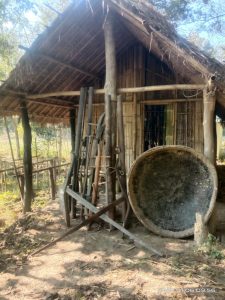
CLLMP’s commitment to support and scale up grassroots innovations led to Jorsing’s innovation being funded with Rs 3 lakhs. He has since utilized the support to establish a 5000-square-foot nursery for raising saplings of essential ingredients. A small retail outlet has also been set up for storing and selling his organic pesticide. To date, 600 bottles have been sold to 120 farmers who cultivate across a total of 200 hectares of farmland. Each bottle is priced at only Rs 15, making it an affordable and accessible option for farmers and reducing their dependence on harmful chemicals.
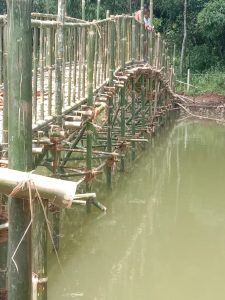
Key highlights of Mawtneng’s Green Village initiatives include grass-carpeting to prevent soil erosion, the establishment of kitchen gardens in 70 households to encourage self-sufficiency in food production, and the planting of wild fruits, flowers, and trees to enhance biodiversity. The village has replaced plastic bags with eco-friendly alternatives made from phrynium pubinerve (Sla Lamet) leaves. Nurseries have been established for indigenous flora to preserve local plant species, and a community fishery pond has been constructed to promote responsible fishing practices. Mawtneng Village has also constructed a green museum.
